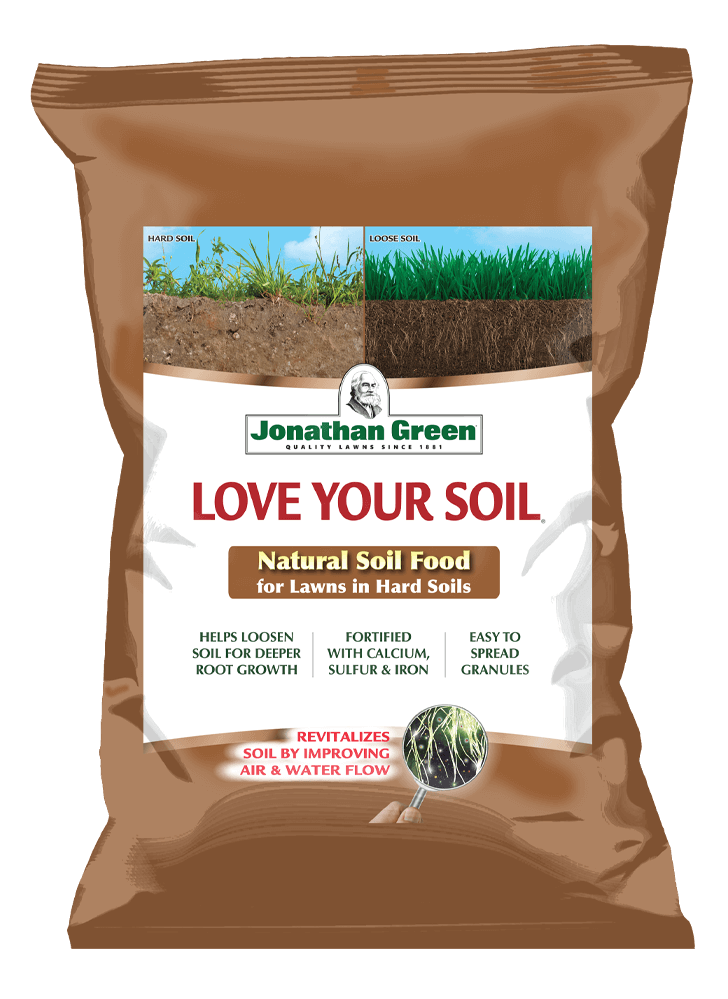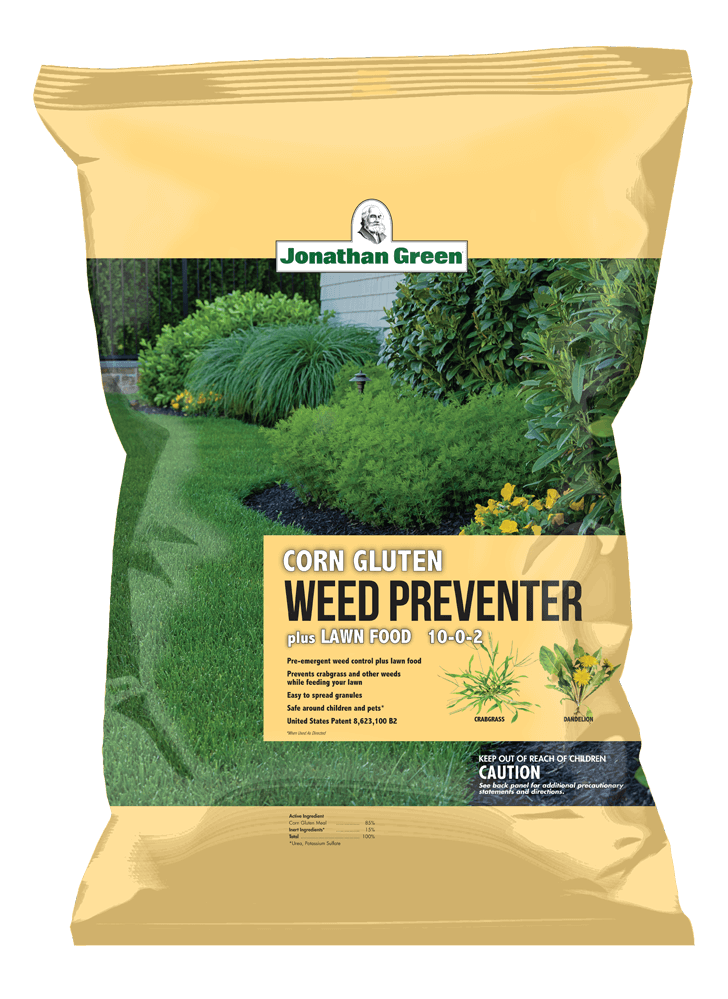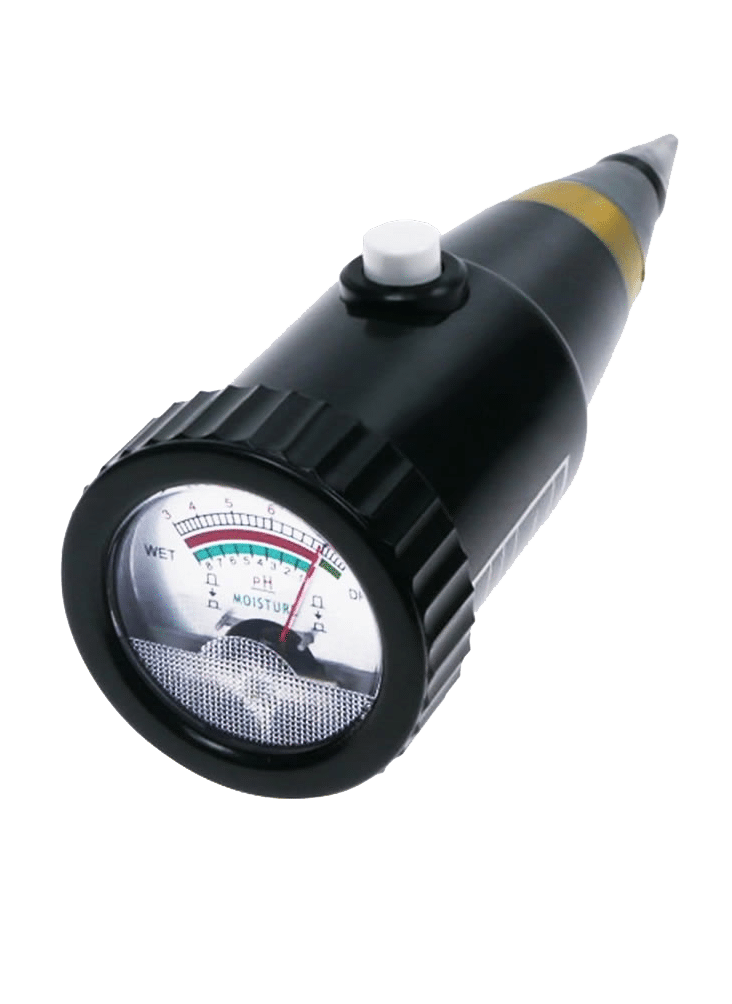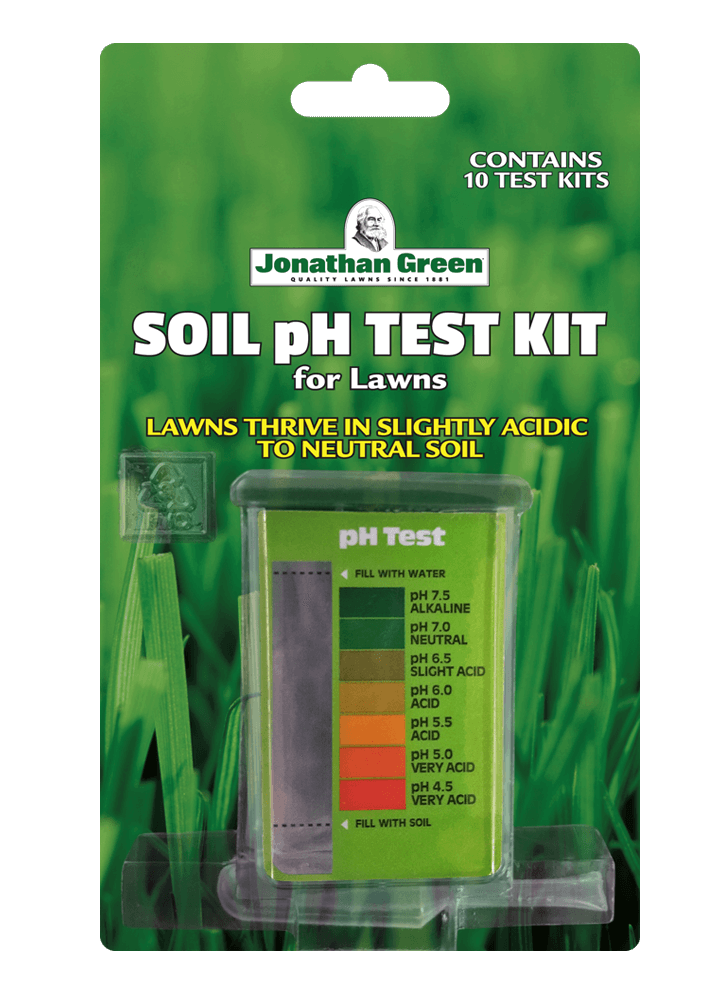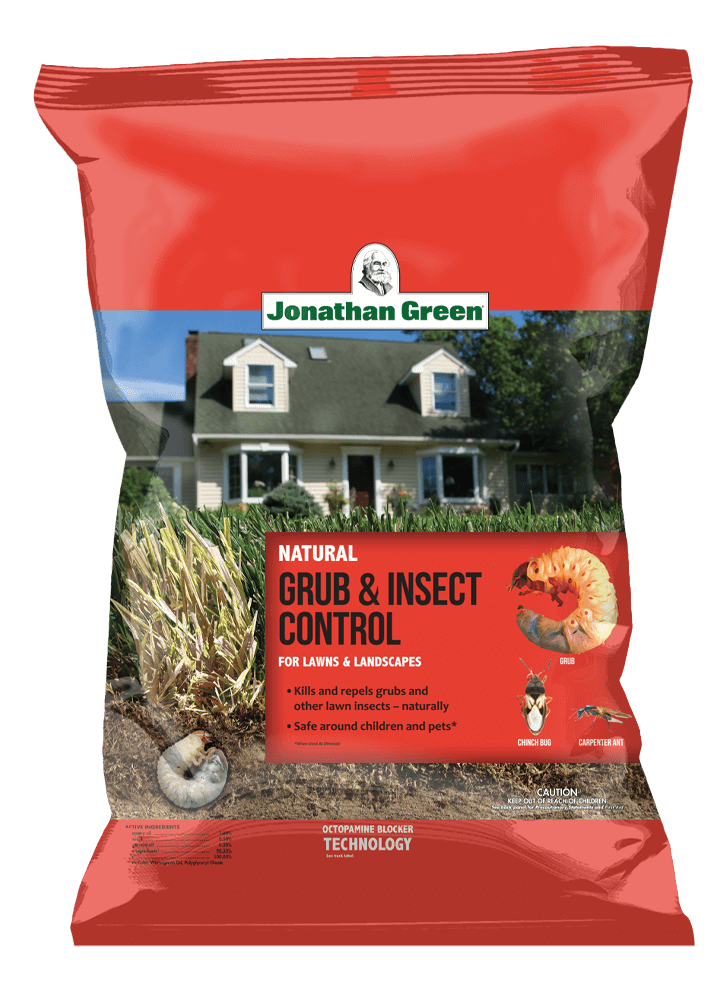Organic Lawn Care 101
Eco-friendly practices are being implemented in every facet of our lives. From foods, clothing, even the cars we drive, there is a clear interest in being more environmentally conscious to promote a healthy lifestyle overall. When thinking of incorporating some of those practices into your lawn care routine, it can be challenging to figure out where to start.
Here are the answers to the most common questions about organic lawn care:
What are the benefits of organic lawn care?
One of the main benefits of organic lawn care is that it’s better for the environment than synthetic alternatives. The ingredients in organic lawn care products are all-natural, meaning they are derived from plant and animal components and do not include any synthetic (man-made) substances or chemicals. These natural materials support the growth of microbes, improve the health of the soil, and limit the amount of pollutants and excess nitrogen that leaches into the water supply.
Another benefit is that organic lawn care products can be applied to the lawn any time of year, including summer. Unlike synthetic products, you won’t risk burning your lawn if you apply organic products when temperatures are above 85º Fahrenheit.
Lastly, organic lawn care products are safe for kids and pets. Lawns that are cared for without the use of synthetic weed controls or fertilizers limit the amount of contact children and pets have with synthetic chemicals. Jonathan Green has a full line of natural lawn care products that are safe for kids and pets to enter the lawn immediately after application. You can ensure the health of both your lawn and your loved ones! For more information, check out these safety FAQs!
What is the difference between organic and synthetic fertilizers?
Organic fertilizers are made with ingredients that come from nature, while synthetic fertilizers are made with man-made, processed ingredients. Though both serve the same purpose of improving the overall health of your lawn, they are composed of different ingredients and function differently on the lawn.
Organic fertilizers focus on improving the life of the soil, as it supports necessary microorganisms that help break down nutrients that are absorbed by the roots. This is a slow, gradual process, unlike that of synthetic fertilizers. Organic fertilizers also have the added benefit of being gentle on your lawn, so you won’t run the risk of burning your lawn from applying too much. Applying an organic fertilizer is ideal for the long-term maintenance of a healthy lawn.
Synthetic fertilizers focus on immediate treatment for your lawn, as their ingredients are designed to produce rapid greening and tackle severe lawn issues with more urgency than organic fertilizers. Synthetic fertilizers must be re-applied regularly, whereas organic fertilizers can be applied as needed. Without regular reapplication, you increase the risk of your lawn running out of nutrients making it vulnerable to disease.
Mentioned Products
How do I treat my lawn organically?
There are many ways to treat your lawn organically. Here are some of the best practices to use:
Test Your Soil
One great practice to implement into any lawn care plan is to test your soil. This is essential in determining the pH of your soil and which nutrients need to be added to your lawn. Comprehensive soil tests that you send to a lab will often give you a panel of results including soil pH, nitrogen, phosphorus, potassium, iron, calcium, and more. Do-it-yourself at-home kits or soil probes will only give you the pH, which is one of the most important factors to test.
To test your soil, dig up three samples from three different parts of your lawn. Once you’ve collected your samples, mix them together to create one, homogenous mixture. Use a soil tester or pH test kit, with distilled water to determine if your soil is too alkaline, or too acidic. Alternatively, send your soil to a state university cooperative extension service, or buy a kit online that gives you a full panel of results.
Mowing
Another thing you should keep in mind for an organic lawn care routine is proper mowing.
Good mowing practices start with sharp blades. Keep your mower blades sharp and balanced, as dull blades create jagged edges and stress your lawn. The ideal mowing height for treating your lawn organically is roughly three to four inches. Try following the ⅓ rule. You should never cut more than ⅓ of the leaf blade off in a single mowing. Doing so will cause shock to the grass and the root structure to become more shallow, making your grass prone to weeds and thinning. You should also change up your mowing pattern every time you cut the grass. This will encourage an upright growth pattern and avoid ruts from the wheels.
After mowing, leave your clippings on the lawn instead of bagging them. Just make sure to rake them in and remove any large clumps. As the clippings break down, they will add essential nutrients into the soil. By mowing your lawn properly and regularly, you ensure it is ready to absorb any nutrients you add to it.
Compost
Once your soil has been tested and your lawn has been mowed, consider adding compost. Organic matter has a variety of benefits to ensure a dense, lush lawn. Some of these benefits include: keeping thatch under control, reducing lawn stress, and acting as a long-term natural fertilizer.
Compost can be store-bought or homemade. Although it can take many months, homemade compost is simple to make and can consist of dead leaves, fruit, eggshells, and manure. You want to spread roughly ¼ to ½ an inch of compost to your soil to amend it. Here’s how to make your own compost at home.
Organic matter naturally feeds the beneficial microbes in the soil. These microbes break down the matter into nutrients grass plants can absorb. Organic matter is beneficial to your lawn’s overall health for months following application, unlike the short-term benefits you get when applying a synthetic fertilizer. Organic matter also helps aerate the soil, which reduces compaction and gives room for root growth. Use Jonathan Green Love Your Soil to aid in stimulating microbial life and loosening compacted soil.
Weed and Insect Control
The process of protecting your lawn from weeds and insects organically can present challenges, but it is possible. The easiest way to prevent weeds and insects from wreaking havoc is to grow a thick, healthy lawn. However, if you already have a severe weed problem, it may be best to try treatment with synthetic weed control first, as organic weed control mainly aids in preventing weeds from occurring in the first place and may take longer to produce results. If you want to use natural alternatives, opt for Jonathan Green natural weed and insect control products, as they contain great natural ingredients, such as corn gluten and essential oils.
Conclusion
At Jonathan Green, we take a harm reduction approach, which often means treating your lawn with a combination of both organic and synthetic products. If your lawn is struggling with a severe case of weeds or disease, it may be necessary to treat the issue so that it does not spread. However, once your lawn is back to its healthy self, you can use organic lawn care products to maintain your lush, green grass.
Organic lawn care has great long-term benefits, such as improving the biology of the soil over time and being better for the environment. It’s also safer for kids and pets. Though it may take a bit of work upfront, the payoff is a healthier, happier lawn that is overall more resistant to pests and disease.
